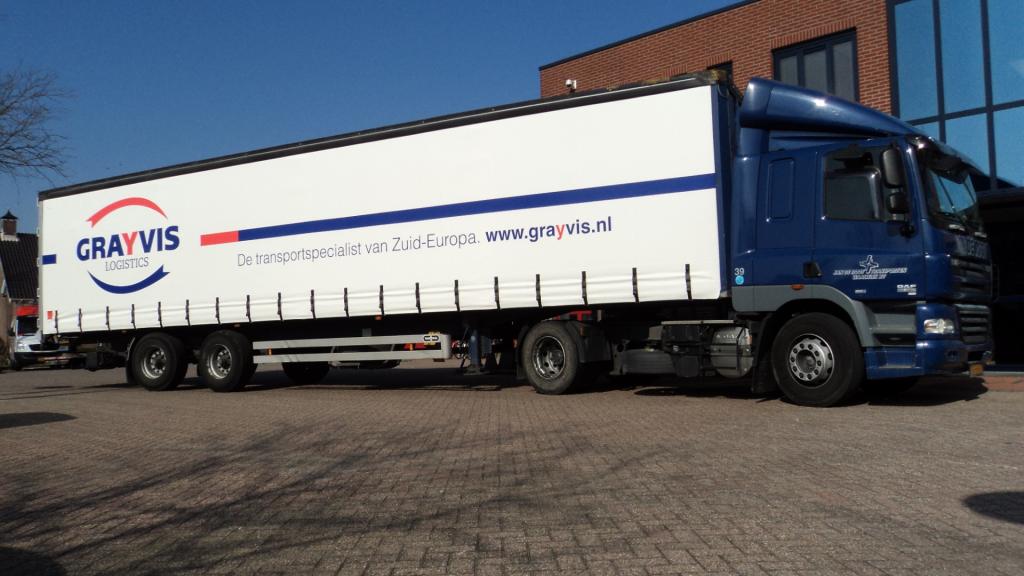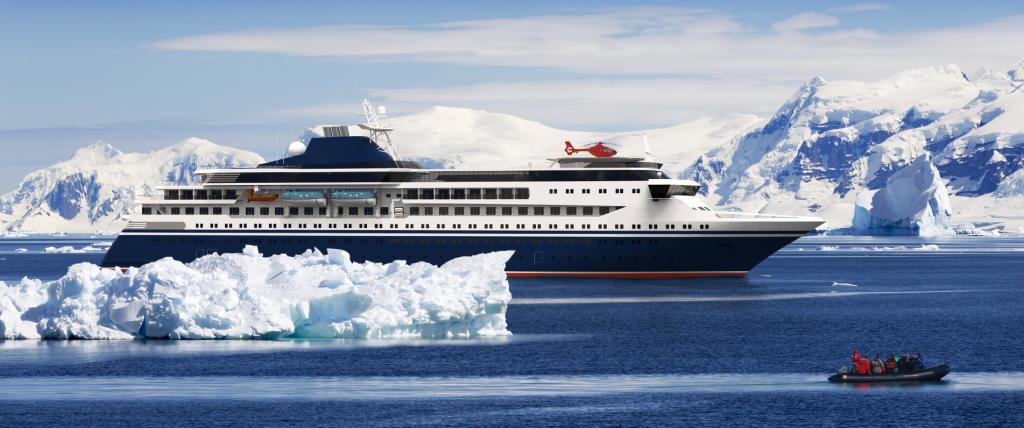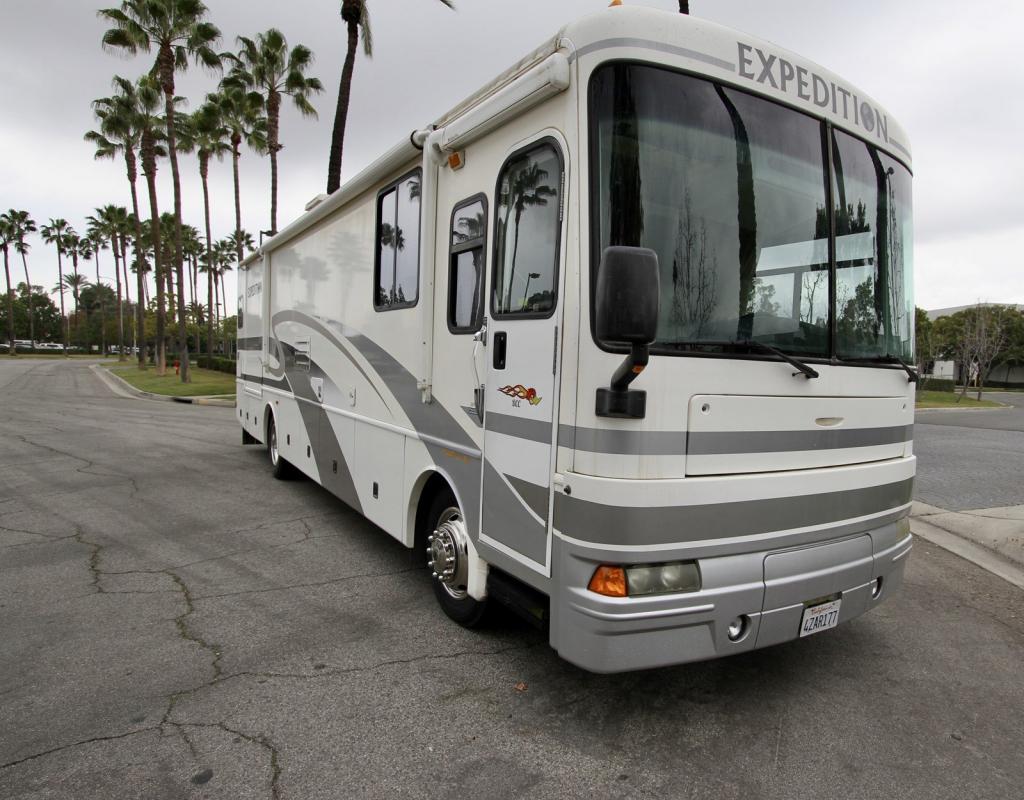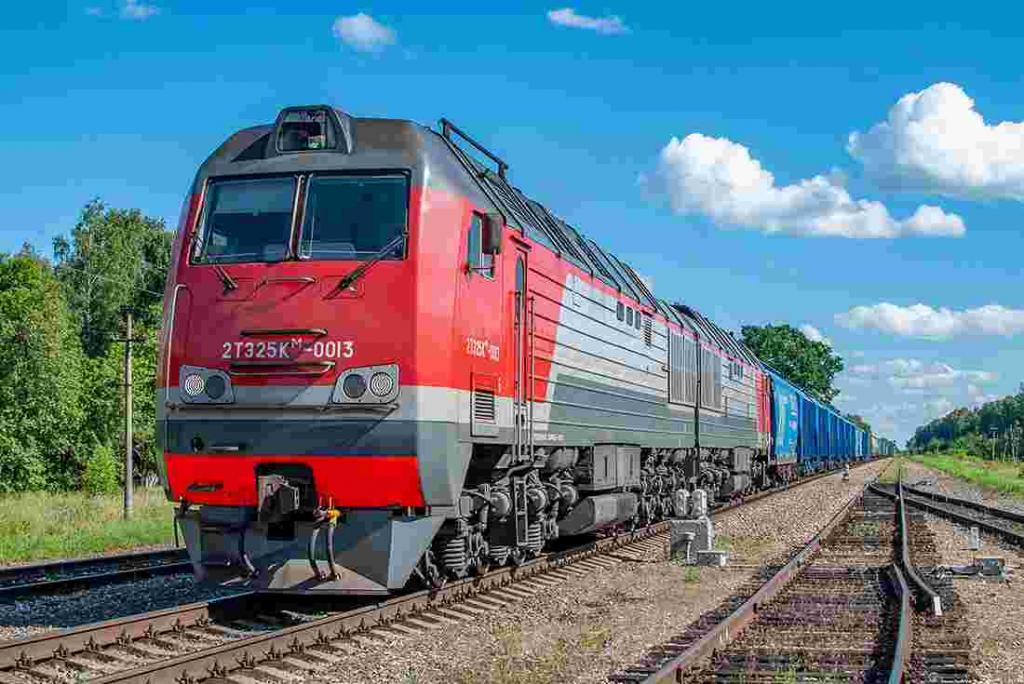Many commercial structures today offer cargo delivery services. Thanks to this, the client is exempted from choosing the route, vehicles, loading and unloading, insurance and other issues, trusting all this to a special company. This process is called the transport expedition. In the Civil Code, chapter 41 is dedicated to him. Let’s talk about this concept in more detail.

Parties
One party to this agreement is the customer, and the other is the forwarder. Any person can be a client, but a freight forwarder is only a company with a special license. Carrying out activities without permits in cases where this is necessary is an administrative offense, which is punishable by a fine.
The need for licensing of this type of activity is stated in Art. 7 of the Law "On Road Traffic Safety" No. 196-FZ, as well as in the Government Decree "On Licensing Certain Types of Activities" No. 1418.
Thing
In Art. 801 of the Civil Code of the Russian Federation defines the contract of transport expedition. According to it, the forwarder organizes or produces certain services that are associated with freight at the expense of the client. In particular, it may provide for the obligations of the forwarder to transport goods on a certain transport on an agreed route, the conclusion of a contract of carriage on his own behalf or the client, the provision for sending and receiving goods, as well as other duties.
Additional services include operations such as obtaining documents, performing various formalities, for example, at customs, controlling the quantity and quality of cargo, loading and unloading, paying state duties, taxes and other expenses for a client, storing, receiving cargo, and other operations that are indicated in the contract.

Contract: intermediary or not?
The fundamental issue in the organization of tax and accounting is the recognition of a transport expedition as an intermediary agreement or the non-recognition of such. This is not an idle question. The calculation of value added tax and profit is directly dependent on it.
Regarding VAT, it is established that organizations providing intermediary services are taxed for the amount of premiums and remuneration. And income tax is calculated at the rates applicable in a particular region. If 13% is transferred to the federal budget, then up to 30% to the regional budget.
Mediation services are not allocated to a separate group. This gives rise to controversial situations when resolving transaction qualification issues. However, mediation is characterized by implementation at the expense and on behalf of the other party.
In accordance with the Fundamentals of Civil Law of the USSR, which became invalid after the adoption of Part 2 of the Civil Code, the contract of transport expedition was considered one of the types of transportation and was recognized as an intermediary.At the same time, the forwarder had to, at the expense of the sender, fulfill the contract (or contracts) of carriage, and also, if necessary, arrange for the execution of additional services. It also indicates that if the forwarder acted on behalf of the sender, then the order rules were applied to the contract, and if on his own behalf, then the rules of the commission.

After the second part of the Civil Code entered into legal force, the transport expedition became a separate agreement. In Art. 801 of the Civil Code of the Russian Federation there is no indication that the provisions applicable to the commission and instructions apply to this agreement, but there is an indication that the forwarder performs the services at the expense of the other party and for the appropriate fee, as well as good arguments regarding the classification of this agreement as mediation.
In addition, you must be guided by the provisions of the subject, which are formulated in the definition. In particular, if the transportation is carried out by the forwarder independently, the transaction is more related to the contract of carriage or the provision of services; and if the forwarder is engaged only in the organization of the process, then there is a mediation between the carrier and the client.
It turns out that if the forwarder organizes the relevant services, acting in such a way as an intermediary, then the contract is considered an intermediary. In this case, VAT is calculated only on income that is received as a reward.

Obligations of the parties
Clients must provide the forwarder with the documentation and necessary information about the cargo, transportation conditions, as well as other information to fulfill the relevant duties. The freight forwarder must inform about deficiencies in the information, and in case of their incompleteness - request additional information. At the same time, he has the right not to fulfill obligations until this data is provided.
If the contract does not provide for the personal performance of the relevant duties by the forwarder, then he may attract other persons for this. However, the performance of an obligation to a third party is not a basis for the release of the forwarder from liability for the implementation of the provisions of the contract.
In accordance with Art. 806 of the Civil Code, each party may refuse a transport expedition subject to prior notice. If a party refuses to fulfill the contract, it must compensate the other party for losses.
Contract price
According to the general provisions, the contract in question is onerous. The value is agreed and should cover all the costs of the forwarder. Since the contract is an intermediary, it should separate the mediation fee from the amount transferred to related costs.
As stated above, VAT should be levied only on the amount of the fee. However, in practice, tax officials often do not distinguish between contracts of carriage and forwarding. As a result of this, they charge value added tax on the entire amount. In this regard, the intermediary has to artificially overestimate the calculations that may be charged, for example, on customs payments, and not go directly to the forwarder’s pocket.

Railway freight forwarding
Consider what constitutes an expedition, for example, railway transport. Railway operations with goods are carried out on the basis of the Charter. A list of expedition operations is also indicated in GOST R 51133-98. The transport company in Moscow is Zheldorstroy. But it is often called "Zhildorstroy." Some services are also performed by other specialized agent and forwarding companies.
In accordance with Art. 2 of the Charter, the consignor is an individual or legal entity that acts on its own behalf, as well as a person who acts on behalf of the cargo owner (forwarder). The consignee is an individual or legal entity that has the appropriate authority to receive the goods.
When transporting by rail, various factors should be considered. It:
- Types of dispatch.
- Separate operations and additional services.
- Rules for international traffic.
- Affiliation of wagons and containers.
- Forwarding services.
Let us dwell on them to find out the details.
Dispatch Types
Sending is carried out by dispatch routes using a certain train composition, taking into account the possibility of unloading, by wagon when only one wagon is required, or by container if a container is needed, respectively, by expeditions by a transport company. Large-capacity shipping is considered to be in a twenty- or forty-foot container. Small - this is a shipment for which a whole carriage is not required, and a small-tonnage one - with a load of 10 to 20 tons.

Separate operations, additional works and services
In this case, operations that are carried out in places of general or non-public use with payment of the sender or receiver of the goods to Zhildorstroy are meant. Forwarding of a transport company at the request of customers on a paid basis can also be supplemented by services or related works, in particular:
- Cargo transportation with a shorter delivery period.
- Delivery and cleaning of wagons.
- A selection of wagons for feeding onto railway access roads for loading and unloading.
- Checking the condition of the cargo.
- Its storage in temporary warehouses.
- Escort by paramilitary security personnel.
- Equipment in the ports of wagons.
Applying domestic rules to international traffic
In this case, transportation is carried out according to a single document. The cargo is accepted on the basis of the internal rules of the country of origin. Overloading is carried out with different or the same track. Unified rules apply for non-reloading transportation and transportation of dangerous, perishable and other similar cargoes.
Property belonging to wagons and containers
On Russian railway transport, transportation in wagons and containers of Zhildorstroy, expedition by transport companies can be carried out, in particular, by legal entities and individuals - owners, carriers, legal entities and individuals under a leasehold, under economic management and so on. Rolling stock must comply with the requirements established by law.
Basically, payment is done before the shipment. But the carrier can pay a fee at the destination station, if the corresponding request was received from the sender of the cargo and this issue has been agreed with its recipient.
Forwarding services
The complex of operations related to each other is a transport expedition in Moscow and other cities. According to the Rules for the carriage of goods by rail, they can be divided into the following groups:
- Acceptance of cargo and its storage.
- Clearance of transportation and collection of freight charges.
- Loading and departure.

Conclusion
As you can see, during different periods the transport expedition was perceived differently. At present, it has been singled out as an independent type of contract and may be accompanied by intermediary services. Using the example of the Zhildorstroy transport company (expedition in Moscow), one can see how diverse the services provided for by this agreement can be.









